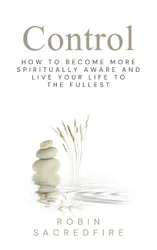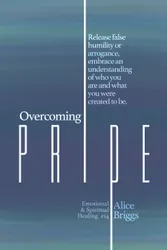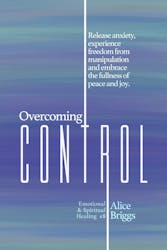Explains how to successfully navigate the process of initiation, instruction, testing, and self-transformation under the guidance of a spiritual teacher
• Explores how to approach a teacher for initiation and the importance of gauging your inner response and feeling of trust and resonance with the teacher
• Discusses the process of separating from a spiritual teacher and how to negotiate the emotional conflicts that can arise at this stage
• Shares the author's experiences with several remarkable teachers and details lessons learned through testing and confronting doubts and fears
In the search for inner awakening and self-realization, a spiritual mentor can be key to advancement. Yet the process of finding an authentic spiritual teacher who resonates with you can be daunting, especially for anyone who has had a negative experience with a guide. Exploring the emotional nuances of mentoring relationships, Greg Bogart details the path of spiritual apprenticeship: the process of aligning with a teacher, establishing a dynamic spiritual practice, and the later stages of separation and finding the teacher within.
The author explores the importance of gauging your inner response and feeling of trust and resonance with a teacher and your readiness to receive initiation. He explains how the teacher-student relationship affects the student’s state of consciousness over time and how most students eventually need to become independent from their spiritual guides. Describing emotional conflicts that can arise at this stage, he shows how wise teachers accept our need to separate and graduate while immature teachers try to thwart and control us.
Openly sharing his own personal journey, the author illustrates the lasting resonance of his encounters with several provocative spiritual mentors, including Swami Muktananda and Dane Rudhyar. He discusses how some fierce teachers practice "crazy wisdom" to confront our doubts, fears, and fixations and to activate our dormant potentials. Examining practices in Hindu and Tibetan Buddhist Yoga, Sufism, and Jewish and Christian mysticism, he also explores the deeper mystical aspects of the guru-student relationship.
The author shows how, ultimately, initiation leads the spiritual seeker to find the teacher within and how this can naturally lead to teaching others. Describing nine stages of the spiritual seeker’s journey, the author affirms that a direct path to self-liberation is still attainable through initiation and instruction in the company of sages.













